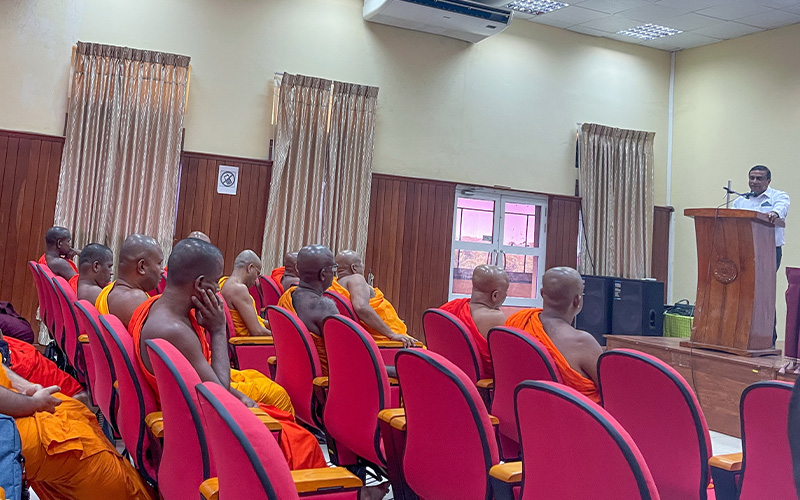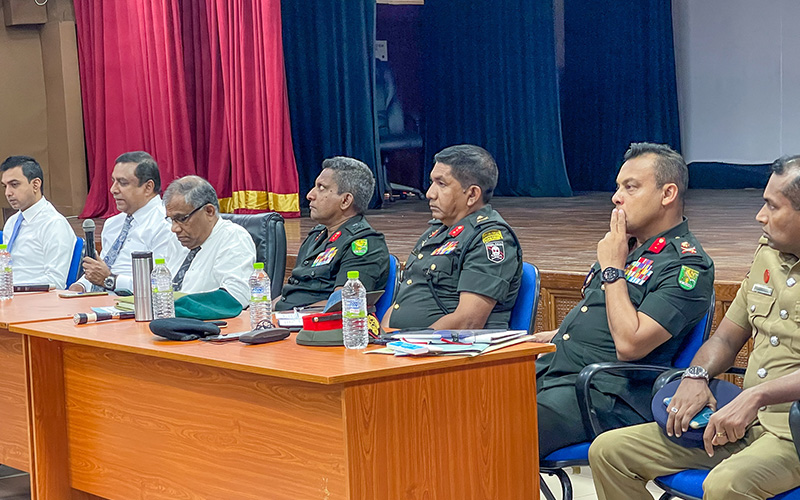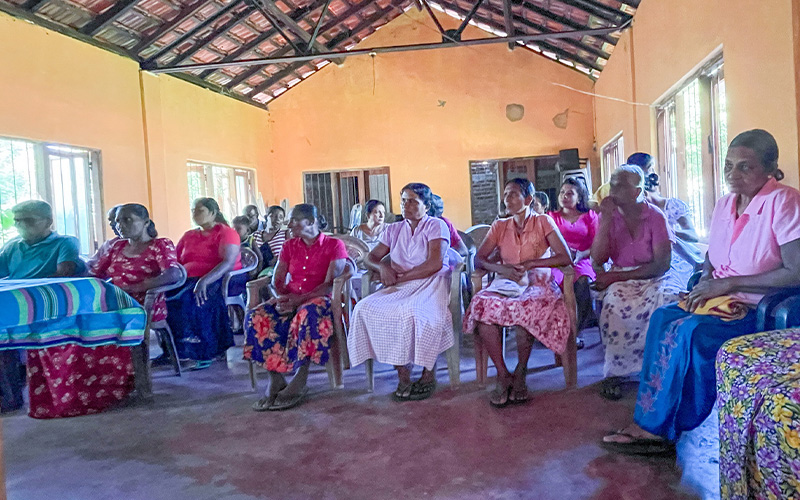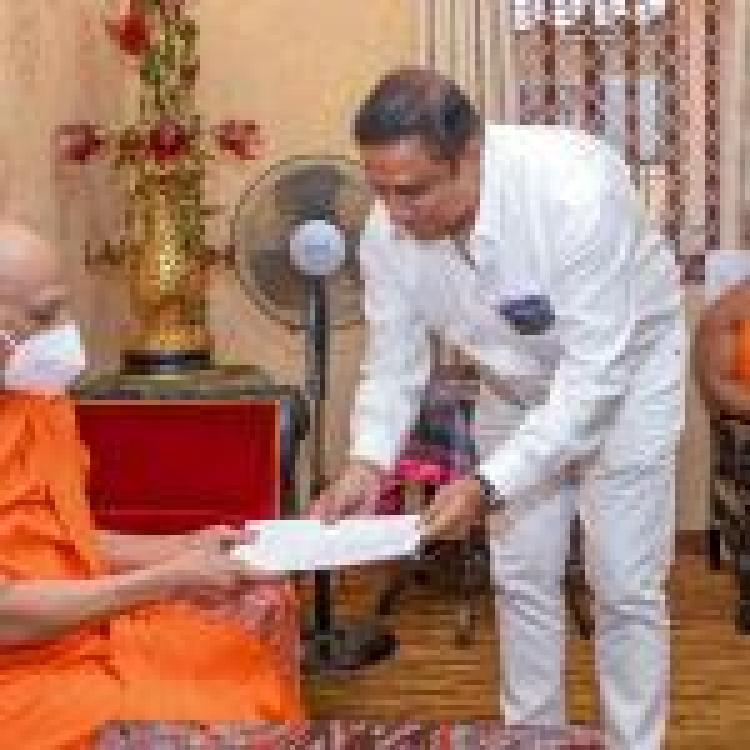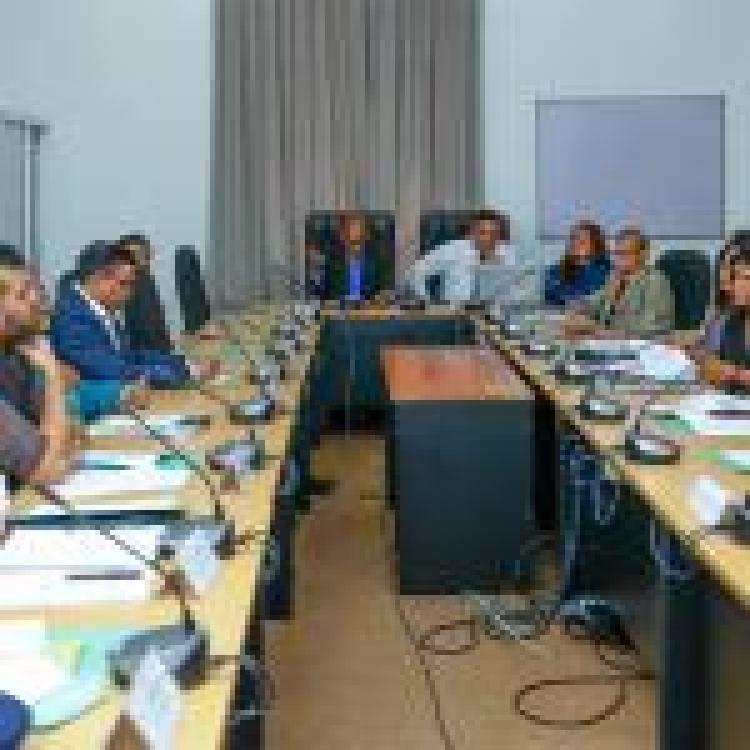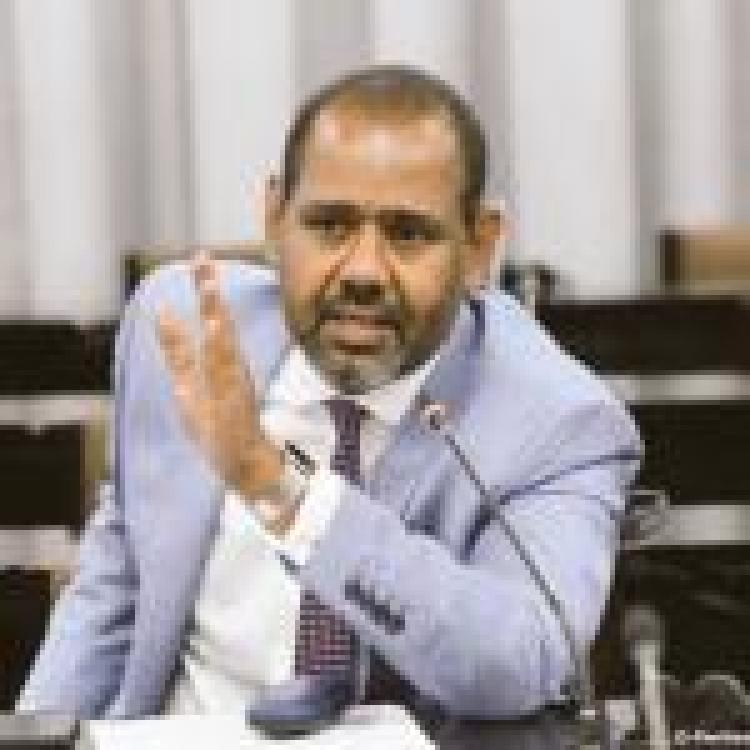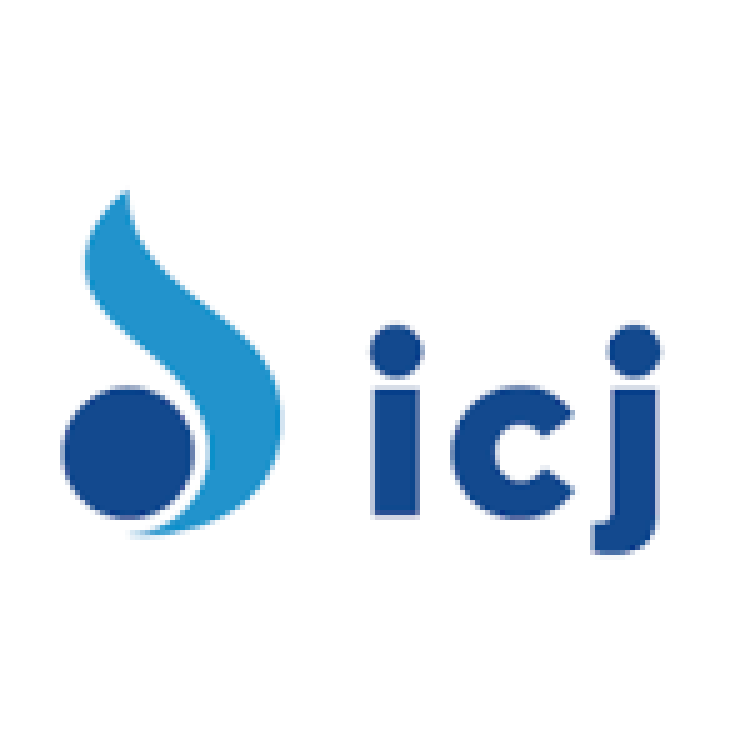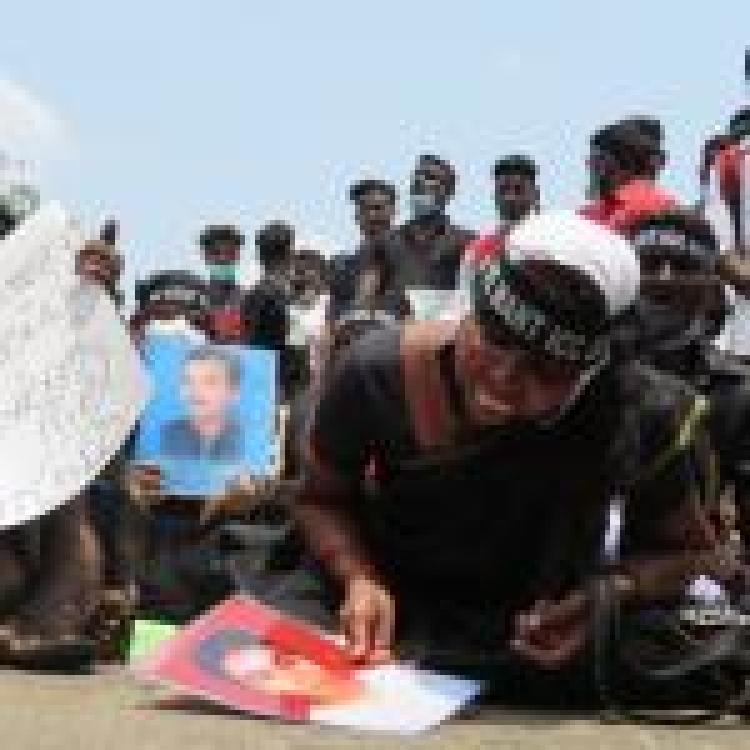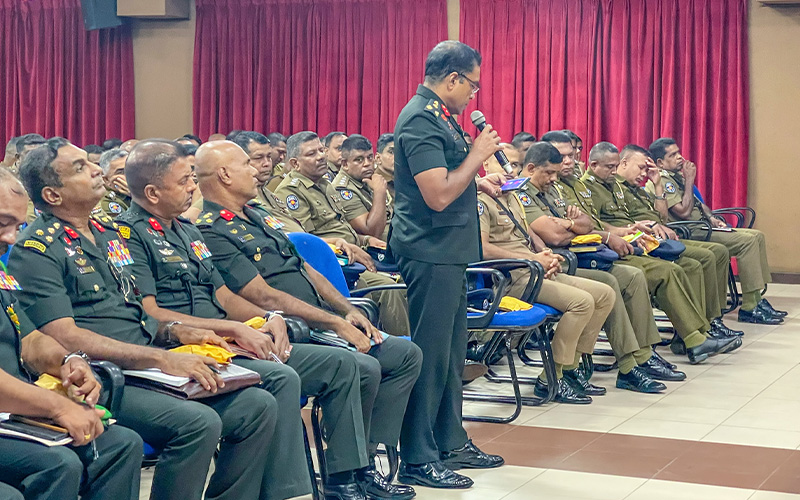
Sri Lanka’s controversial truth and reconciliation mechanism, the Interim Secretariat for the Truth and Reconciliation Mechanism (ISTRM), which has been roundly criticised by international experts and Tamil civil society, was presented before high-ranking Sri Lankan military officials, Sri Lanka’s police officials, and members of the Sinhala Buddhist clergy.
The President Media Division (PMD) described the meeting as “successful” adding that the mechanism aims to gather public opinion to prepare its recommendation to establish a “sustainable framework for fostering national unity and harmony.” It also notes that they had met with villagers from Nochchiyagama and Mahavilacchiya from the northern Tamil province.
The PMD’s statement claimed that “during these deliberations, the challenges encountered by the victims as a result of the North East conflict were discussed, emphasizing the imperative of averting such harrowing experiences in the foreseeable future”. It further added that;
“It was conveyed that the issues voiced by the residents of Anuradhapura during these discussions, along with the ongoing challenges they encounter post-war, will be diligently raised with the appropriate government bodies for consideration and action.”
The PMD’s statement did not mention accountability for the war crimes committed against Tamils during the armed conflict and maintained support for domestic mechanisms, which have long been rejected by Tamils. Given the repeat failures of these mechanisms, Tamils have placed no faith in the ISTRM and have instead maintained their call for an international accountability mechanism.
The International Commission of Jurists (ICJ), in a statement issued last month, said a bill gazetted by Sri Lanka to establish a Commission for Truth, Unity, and Reconciliation, "lacks credibility and is unlikely to bring accountability"
“Considering the repressive political climate in Sri Lanka, and the absence of the conditions that are necessary to ensure the success of the proposed Commission for Truth, Unity, and Reconciliation, the Bill appears to be more of a legislative manoeuvre aimed at deflecting the attention of the Human Rights Council and removing Sri Lanka from further scrutiny rather than a genuine accountability measure,” said Melissa Upreti, ICJ’s Asia Director.In a recent interview, Tamil National People’s Front (TNPF) leader Gajendrakumar Ponnambalam told the Tamil Guardian the CTUR is "a joke".
“The Secretary to the President invited all of the sorts of Colombo-based civil society, actors, organisations and activists and had a pretty lengthy meeting with regards to how the government proposed to handle reconciliation and accountability, and bluntly stated that their efforts towards the creation of a TRC are to ensure that criminal accountability goes out,” said Ponnambalam.
“So it's quite clear that the intention is to establish a so-called pretend reconciliation mechanism as an alternative to accountability. It is not a complimentary thing. So there is no incentive for the truth to come out - it is a whitewash.”
